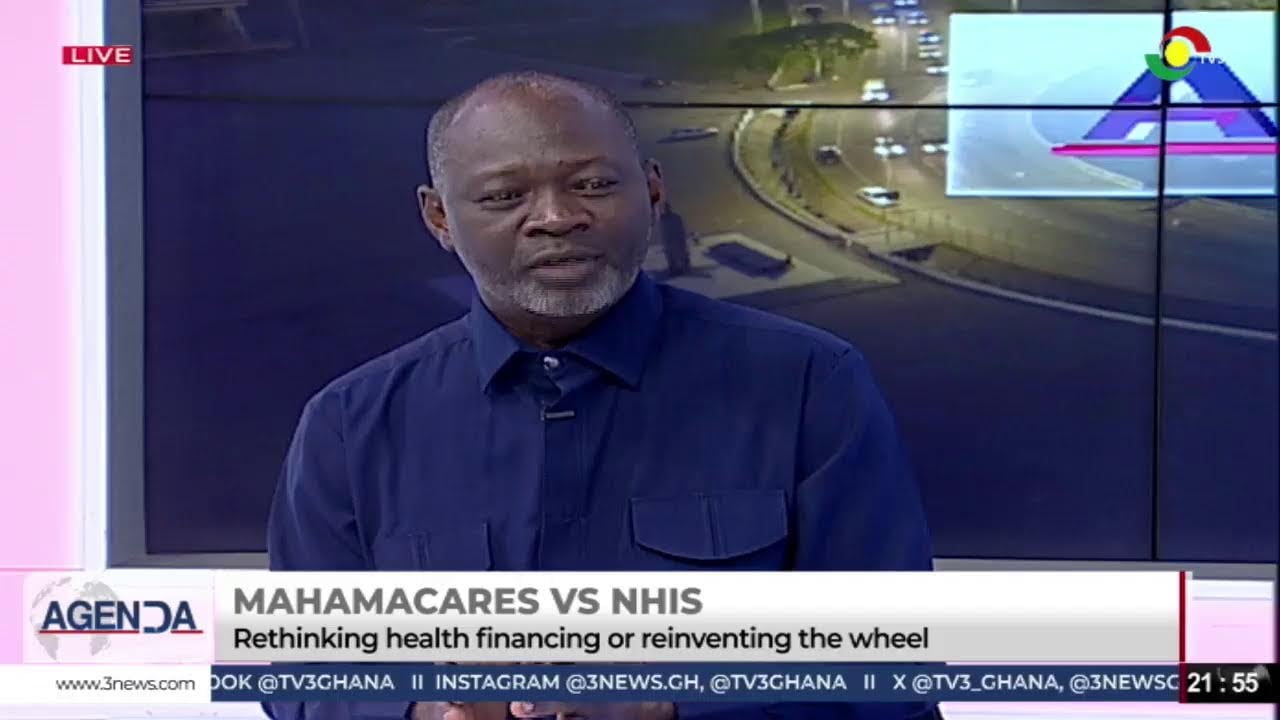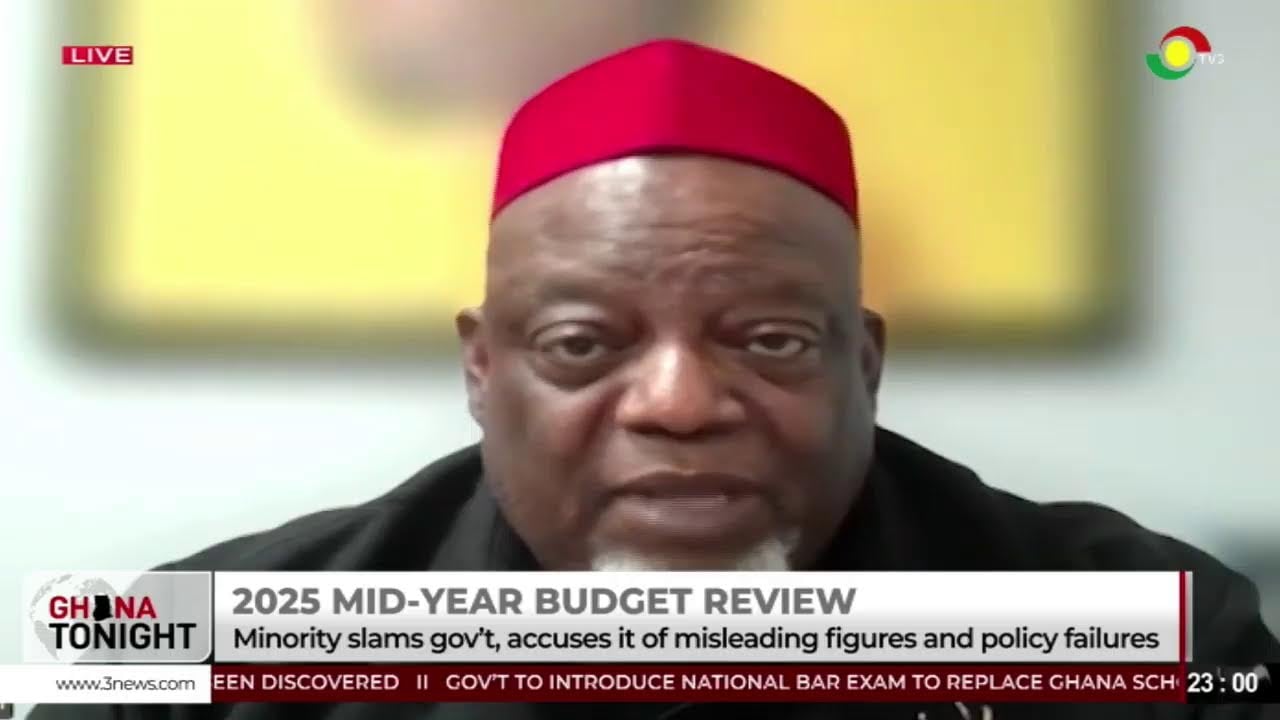
“Money is not just a tool; it’s tied to your time, energy, and dreams. So if your job pays you just enough to survive, but not enough to live, it’s okay to want more.” – Terry Mante
You dress up sharp. You show up early. You stay late. You’re killing it at work, or at least your KPIs suggest so. But at the end of the month, your bank account is looking more like a Wi-Fi signal than a financial fortress.
You’ve memorized the shape of your bank balance down to the last decimal. And every time you get that “Your salary has been paid” alert, it feels less like a celebration and more like a courtesy notification before the money vanishes into thin air.
Welcome to the club nobody wants to join: where your take-home pay doesn’t take you home.
The disappearing act of the modern paycheck
We were told that hard work pays off. What they didn’t say was that after deductions, bills, unexpected emergencies, and the cousin who “just needs a little help,” your paycheck might take a detour before reaching the destination called “financial peace.”
Let’s break it down:
- Taxes take a slice.
- Rent grabs a chunk.
- Fuel and transport nibble away.
- Utilities guzzle more.
- Groceries sneak in for their share.
- Subscriptions: Those innocent-looking monthly charges drain the rest with stealth precision.
By the time it’s all done, your salary is more of a guest than a resident in your account.
Lifestyle creep: The silent budget assassin
You got the promotion, bought the car, upgraded the phone, and switched from instant coffee to triple shot oat milk lattes. You deserve nice things, right? Absolutely. But lifestyle inflation is the financial equivalent of filling a leaky bucket with bottled water; it’s expensive and inefficient.
If your income increases and your expenses rise to meet or exceed it, you’re not getting richer. You’re just running faster on a financial treadmill. And here’s the kicker: if you’re not saving or investing, you’re basically working just to stay broke at a higher level.
Why this hurts more than it should
When your take-home pay doesn’t even cover your basics, let alone leave room for joy, growth, or rest, it’s more than a financial problem. It’s emotional. Psychological. Existential. You start questioning: Did I choose the wrong career? Am I bad with money? Is this all there is?
The truth is, it’s not just you. You’re not lazy. You’re not foolish. You’re living in a time where the cost of living is sprinting while salaries are jogging (and some are crawling). It’s not just bad math, it’s a broken system.
So, what can you actually do?
Let’s be real. We can’t all become instant millionaires, and yelling “multiple streams of income!” into the void won’t pay this month’s rent. But there are some practical shifts worth considering:
- Know where your money goes
A budget isn’t a prison; it’s a map. Before you talk about how little you have, check where it’s going. Apps, spreadsheets, even notebook scribbles – track your spending. You might be shocked (and slightly embarrassed) by what you find.
- Fix the leaks
Subscriptions you forgot about, daily takeout meals, unused gym memberships – cut the fluff. The small leaks sink the big ships.
- Pay yourself first
Even if it’s GHS 50 or $10. The habit of saving beats the amount. Tuck something away before the world comes knocking.
- Develop a side hustle with strategy
Not every side hustle needs to be flashy or take over your life. Teach a skill online, do weekend consulting, sell a digital product. Build slowly, but build smart.
- Upskill or Pivot
If your current field has a salary ceiling made of concrete, it may be time to consider retooling. Online courses, certifications, mentorships; invest in the version of you that earns more.
- Talk about it
Money silence is a trap. Talk to mentors, friends, financial advisors. Transparency breaks shame and unlocks insight.
The bigger picture: It’s not just about money
When your salary can’t take you home – can’t give you peace, security, or time with loved ones – it’s a sign that something deeper needs attention. Money is not just a tool; it’s tied to your time, energy, and dreams. So if your job pays you just enough to survive, but not enough to live, it’s okay to want more. It’s okay to demand better.
The goal isn’t to be rich for Instagram. It’s to be free to say no when it matters, to rest without guilt, to give without resentment, and to live without panic.
Rewriting the script
You’re not alone. Millions are navigating this silent tension; smiling in meetings while silently budgeting in their heads. But you don’t have to settle for financial fatigue as your normal.
When your take-home pay doesn’t take you home, maybe it’s time to re-evaluate the route, not just the ride. So start where you are. Adjust your mindset. Audit your habits. Grow your income. Advocate for fair wages. Build with intention.
Because at the end of the day, your paycheck should do more than pass through your account, it should help build a life you don’t need a vacation from.
Share this with a friend who needs to know they’re not crazy or alone. Your money might be tight, but your hope doesn’t have to be.
——Bottom of Form
About the author
Terry Mante is a thought leader whose expression as an author, corporate trainer, management consultant, and speaker provides challenge and inspiration to add value to organizations and position individuals to function effectively. He is the Principal Consultant of Terry Mante Exchange (TMX). Connect with him on LinkedIn, Facebook, X, Instagram, Threads and TikTok @terrymante and www.terrymante.org.
The post Insight Forge with Terry Mante: When your take-home pay doesn’t take you home appeared first on The Business & Financial Times.
Read Full Story





















Facebook
Twitter
Pinterest
Instagram
Google+
YouTube
LinkedIn
RSS